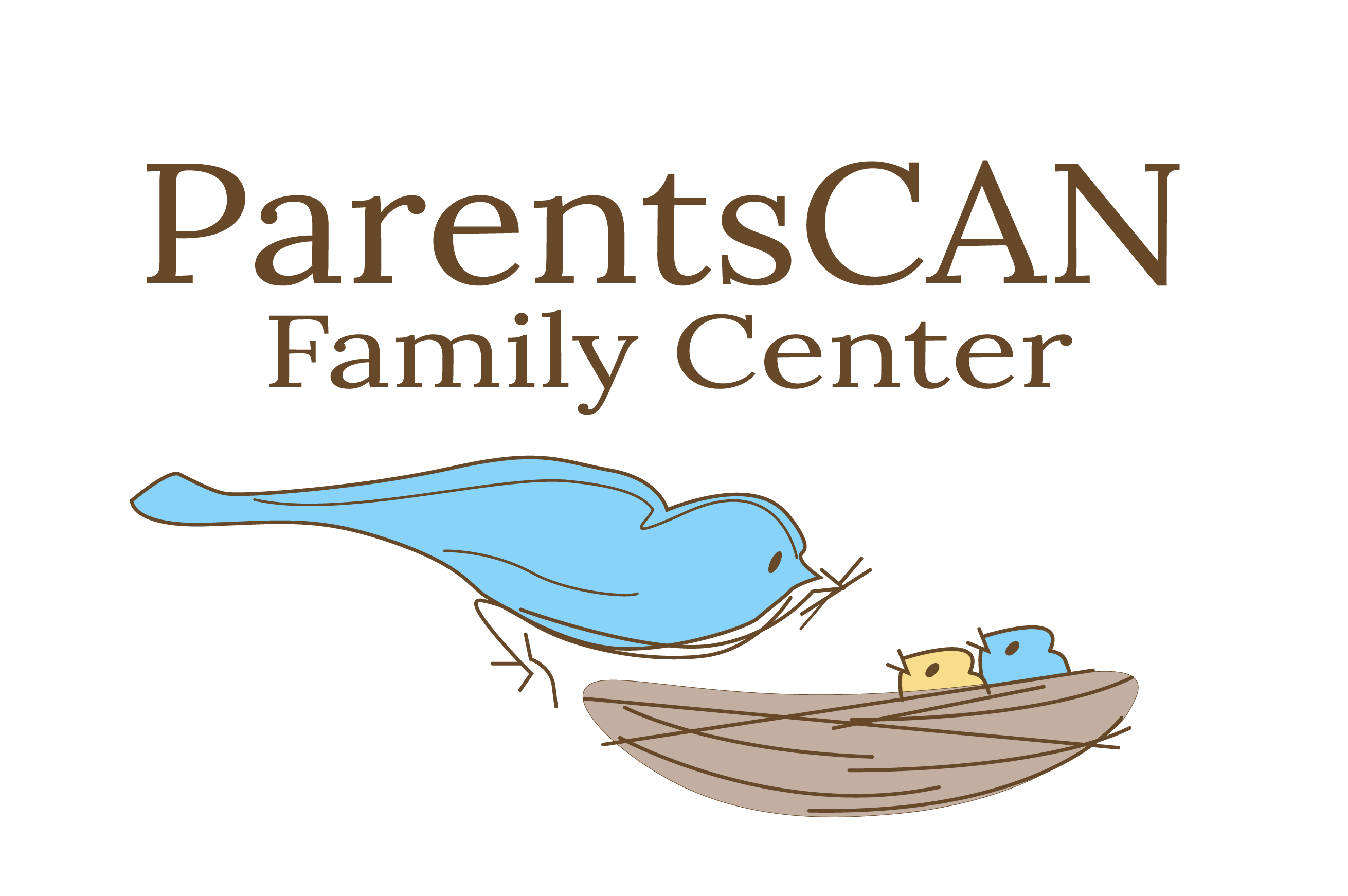Suicide is a serious public health problem that can have lasting harmful effects on individuals, families, and communities. Suicide is more than a mental health concern.
A CDC study showed that a range of factors contribute to suicide among those with and without known mental health conditions. Everyone can help prevent suicide by knowing the warning signs and where to get help.
The Facts About Suicide
- Suicide is a public health problem because of its far-reaching effects
- Suicide is a leading cause of death in the United States. It was responsible for more than 47,500 deaths in 2019.
- In 2019, 12 million American adults seriously thought about suicide, 3.5 million made a planned suicide attempt, and 1.4 million attempted suicide.
- People who have experienced violence, including child abuse, bullying, or sexual violence are at higher risk for suicide.
- Early 2020 data shows a 4.6% decrease in suicide deaths during the COVID-19 pandemic. However, the pandemic has increased many risk factors for suicide, such as social isolation and barriers to physical and mental healthcare.
- Suicide prevention is everyone’s business. You can #BeThereexternal to help a friend, loved one, or coworker. Everyone can learn the warning signs and how to get help.
What to Watch For
- Individual, relationship, community, and societal factors may influence the risk of suicide. Know the suicide warning signs including:
- Feeling like a burden
- Being isolated
- Increased anxiety
- Feeling trapped or in unbearable pain
- Increased substance use
- Looking for a way to access lethal means
- Increased anger or rage
- Extreme mood swings
- Expressing hopelessness
- Sleeping too little or too much
- Talking or posting about wanting to die
- Making plans for suicide
Need help? Know someone who does?
- Contact the National Suicide Prevention Lifeline
- Call 1-800-273-TALK (1-800-273-8255)
- Use the online Lifeline Crisis Chat which is free and confidential. You’ll be connected to a skilled, trained counselor in your area.
- For more information, visit the National Suicide Prevention Lifeline
How to Get Help
- Safeguard the people in your life from the risk of suicide and support them:
- Ask.
- Keep them safe.
- Be there.
- Help them connect. You can start with the National Suicide Prevention Lifeline (1-800-273-8255).
- Follow up.
- Find out how these actions can save a life by visiting www.BeThe1To.comexternal icon.
- Everyone can play a part in preventing suicide!
From #Beth1To
